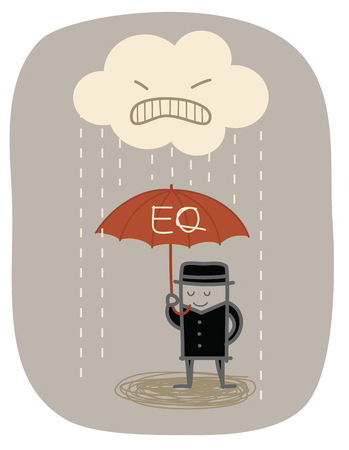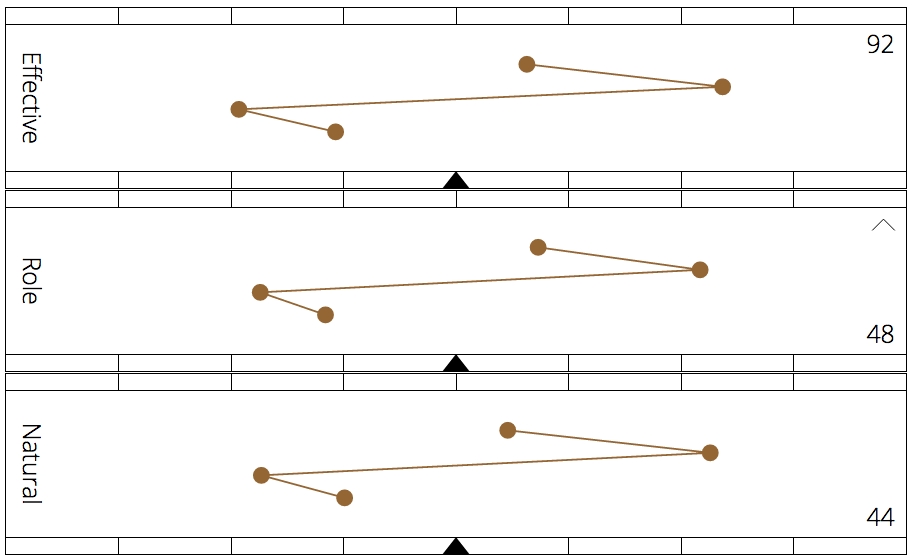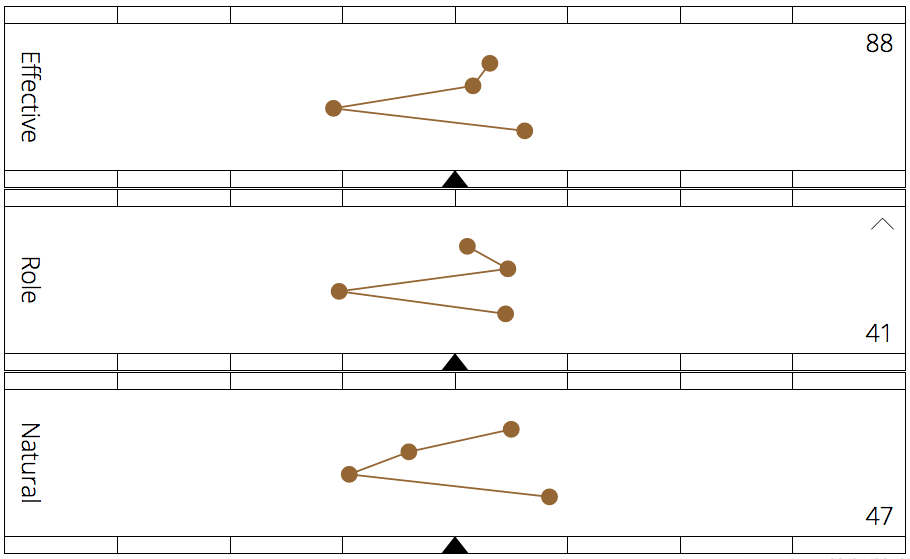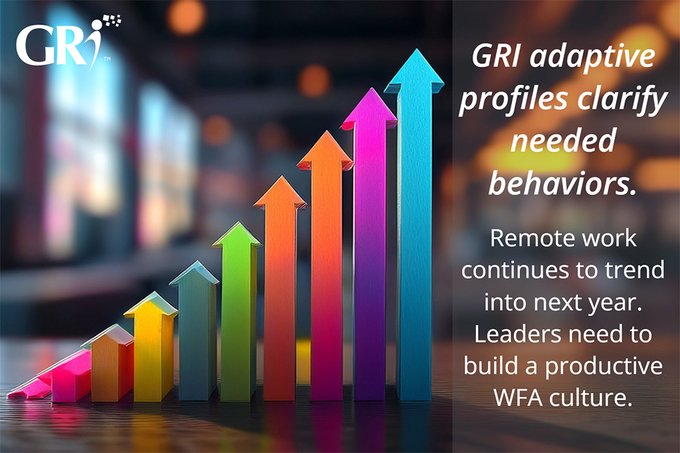Boost Your Emotional Intelligence, Fast and Forever
Posted by Frederic Lucas-Conwell

Boost Your Emotional Intelligence, Fast and Forever

You've probably heard of emotional intelligence, a concept that was popularized by Daniel Goleman with his 1995 book of the same name.
Emotional Intelligence (EI or EQ) quickly grabbed the interest of scientists, academics and business leaders. For scientists, it presented a welcome counterbalance to the intelligence quotient (IQ).
For companies and their leaders, it offered another way to succeed, seeming to quantify and define the "It" factor that made some leaders so much more successful than others.
It didn't take long before opposition arose, pointing to the weaknesses, shortcomings and limitations of EQ. Debate among scientists and academics continues to rage over the validity and importance of emotional intelligence. Adam Grant, a Wharton professor, is one notable and vocal critic.
What is Emotional Intelligence?
While they may not agree on its importance, experts mostly agree that emotional intelligence is made up of three primary elements:
- Perceiving emotions
- Understanding emotions
- Regulating/managing emotions
So, executives with a high EQ will typically exhibit:
- Self-awareness - Recognizing and understanding their emotions, motivations, values and strengths.
- More acute perception of others.
- Self-control - Managing or redirecting their emotions and talent to adapt to different social situations, including those that are difficult or negative.
- Social skills to build and manage relationships and harness emotions in an intended direction.
- Empathy - The ability to understand other people's emotions and feelings.
One of the arguments about EQ is that it needs to be redefined as "social" rather than "emotional" and "skills" rather than "intelligence". After all, EQ has a social component and can, like other skills, be learned and developed.
But moving away from academic debates, what practical reason is there for executives to care about EQ? How is EQ relevant to Jeff, founder and CEO of a startup, and Sally, an executive at a large corporation?
Put simply, a higher EQ will enable them to more effectively communicate with and lead their team, division or company, particularly in challenging times.
Where Emotional Intelligence Matters Most
When we think about EQ as another skill or set of skills for dealing effectively with people, it's pretty clear that EQ is important for leaders and managers, but is it critical for all jobs and industries?
Interestingly enough, EQ is more necessary in sales, client service, public relations, politics, front office and people management.
Leaders like Jeff and Sally, and managers dealing directly with people, need to have strong social skills for interviewing candidates, reviewing performance, influencing, motivating and inspiring their people to reach higher levels, and generally for managing, organizing, or making decisions about people.
Jobs that have a lower need for EQ include such things as: accounting, banking, coding, engineering, quality control, clerk, financial analyst, and many others with a strong technical content.
Yet even for these more technical jobs, where working with data is primary and a specific skill set is used, emotional intelligence applied sparingly from the team leader can positively impact the effectiveness of the team as a whole. Like with so many things, when you are dealing with people management emotional intelligence is needed in different doses depending on the situation.
Developing Your Emotional Intelligence
As mentioned earlier, EQ is made up of skills, and skills can be learned and improved, but how?
A quick Google search returns pages of links on how to develop your EQ. These posts, articles and downloads can be frustratingly vague: "pay attention to your emotions throughout the day" "cultivate self-awareness" and "be empathetic." While it's certainly beneficial to work on self-awareness, these suggestions can be overly simplistic and don't offer any objective information about people's behavior, emotions and performance. Toiling away with these self-help methods is slow, too, even when one is intentional about improving.
On the other hand, with an assessment like the GRI, we get refined and detailed measurements that help to jumpstart our understanding of others and build social skills more quickly.
The GRI enables people to go beyond their perceptions of others, giving them the tools to:
- Refrain from judging people too fast
- Challenge a "gut" feeling
- Develop the discipline of thinking positively about others
- Engage in more productive and efficient interaction
For leaders like Jeff and Sally, the information provided by the GRI is a way to quickly and effectively enhance their social and interpersonal skills: during the interviewing process, when managing people on the job day-to-day, or when thinking strategically about jobs and building the organization.
GRI Expression of Emotional Intelligence
With the GRI, the behaviors and skills found in EQ are indicated with a higher Factor 2 regardless of the other three factors. They are evidenced in the GRI Natural profile, which shows one's natural, unaffected tendency to behave consistently and reliably in a certain way over time. For Jeff, who naturally has a high EQ, his Factor 2 in his Natural will be on the high side.

Those behaviors are also evidenced in the GRI Role profile, which shows how one perceives the need to adapt and behave in a specific way in specific situations.
Both Natural and Role will reflect in the GRI Effective profile: how one effectively conveys those behaviors into the job as experienced by others. For Sally who is low on her Factor 2 in the Natural, a higher Factor 2 in the Role impacts her effective EQ as shows in her Effective Profile.
Emotional intelligence may still be hotly debated in academic circles, but leaving the science to the scientists, it is clear that a higher level of social skill and awareness is critical to surviving and thriving in the uncertain and changing world of business. Improving and enhancing EQ is possible, and improvements are faster and easier with the help of the GRI.
A Deeper Dive for Those Who "Speak" GRI
Those familiar with GRI and EQ will note that the "drive to achieve" was excluded from the above item list summarizing the EQ concept.
Higher Factor 1 is essentially what the "drive to achieve" is about, as expressed by Daniel Goleman. Lower 1 exhibit other traits, abilities or skills that are found in and will qualify for EQ too. Either high or low at different intensity levels, Factor 1 is irrelevant for a core definition and use of EQ.
However, the relative position of the other three factors besides Factor 2 brings fine nuances:
- A higher 1 will bring more determination and eagerness, a lower 1 more kindness and gentle acceptance.
- Lower 3 will impact EQ with more spontaneity and zeal to access others, while a high 3 will temper other factors and bring patience for listening.
- Low 4 will affect EQ by lowering inhibition and helping access others informally. A high 4 will bring more restraint and conforming to manners and social rules.
When analyzing the four factors altogether, those with a Social, Cooperative and Altruistic profiles will display various forms of EQ. These three profiles contrast with Scientific, Creative, Determined, Controlling or Formal profiles, all with a Low Factor 2, that are naturally more distant at embracing EQ and making use of it.
 Jeff |
 Sally |
While Jeff has a high Factor 2 and doesn't have to work as hard to develop his EQ, Sally, being a low 2 will tend to express skepticism about the topic, less interest and a sense of wasting her time in the world of intangibles. She needs logic, data and facts and will more easily learn by reading articles and books. She will need to continue experiencing her newly acquired skills, bit by bit every day, receiving continuous feedback and guidance.
In other words: "The lower the Factor 2, the less interest there is in EQ and the harder it is to learn about it". If you are in Jeff's and Sally's role with people to lead and develop, and in need of more EQ, you will need to force yourself to learn and experience it, unless the environment forces it on you.
Images: 123RF
Latest Articles
Groupama Successful Transformation in Romania: The GRI, Catalyst for Profound Change
The history of Groupama in Romania is an eloquent testament to resilience, strategic vision, and the transformative impact of innovative management tools. Arriving at the...
Hybrid Work: A Management Revolution
The COVID-19 pandemic has acted as an unprecedented catalyst, radically transforming our approach to work. What was once a marginal practice has become the norm for many...
Leadership 3.0: Objective Insights for People-Centric Leaders
Steve, a brilliant entrepreneur, poured his heart into his work. His team at "Innovatech" was on the brink of a major breakthrough, a new app that promised to revolutionize...



